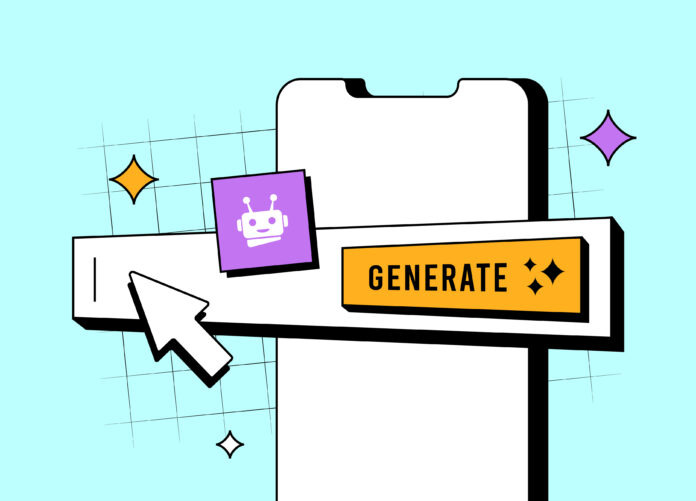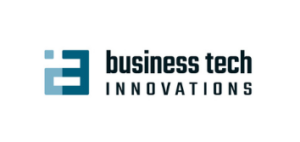
Artificial Intelligence (AI) has made significant inroads into various industries, and content creation is no exception. Once the exclusive domain of human creativity, content creation is now being transformed by AI technologies that can generate text, images, and even videos with remarkable efficiency and accuracy. But while the benefits of AI for content creation are clear, so are the challenges and potential pitfalls. In this article, we’ll explore the impact of AI on creative content work, examining its advantages, the challenges it presents, and the broader implications for the creative industry.
The Benefits of AI in Content Creation
1. Increased Efficiency, Speed, and Turnaround Times
One of the most significant advantages of AI in content creation is the ability to produce content at a scale and speed that humans simply cannot match. AI tools like GPT-4 and other natural language processing models can generate high-quality written content in a matter of seconds, drastically reducing the time it takes to produce articles, blog posts, and other textual content. This efficiency allows businesses to meet the growing demand for content across various platforms, enabling them to stay competitive in an increasingly content-driven market.
2. Cost-Effective Content Production
AI-driven content creation tools can significantly reduce the costs associated with content production. By automating the creation of articles, social media posts, and other forms of content, businesses can minimize their reliance on human writers and editors, thereby lowering labor costs. Tools like Jasper and Copy.ai offer affordable solutions for businesses looking to scale their content efforts without breaking the bank.
3. Personalization and Data-Driven Insights
AI can analyze vast amounts of data to understand audience preferences and behaviors, enabling the creation of highly personalized content. This level of personalization can enhance engagement and improve the effectiveness of marketing campaigns. AI tools can also provide data-driven insights into what types of content perform best, helping creators refine their strategies and produce more impactful content.
The Pitfalls and Challenges of AI in Content Creation
1. Quality and Authenticity Concerns
While AI can generate content quickly and efficiently, the quality of that content is not always on par with human-created work. AI-generated content can sometimes lack the depth, nuance, and emotional resonance that comes from human creativity. This can lead to content that feels generic or formulaic, potentially alienating audiences who crave authentic, relatable material.
2. Ethical and Copyright Issues
As AI tools become more sophisticated, concerns about plagiarism and copyright infringement have emerged. AI-generated content may inadvertently replicate existing works, raising questions about intellectual property rights. Moreover, the use of AI in content creation can blur the lines between human and machine-generated work, leading to ethical dilemmas around authorship and originality. For a deeper dive into these ethical concerns, visit this article on AI ethics.
3. Dependence on AI and Skill Degradation
Another challenge is the potential over-reliance on AI, which could lead to a degradation of human creative skills. As businesses and creators increasingly turn to AI for content production, there is a risk that the human touch—the unique perspectives, creativity, and critical thinking that only humans can provide—may be lost. This dependency could also result in a homogenization of content, where everything starts to look and sound the same, reducing the diversity of voices and ideas in the creative landscape.
The Overall Impact of AI on Creative Work
AI is undoubtedly reshaping the landscape of content creation, offering both exciting opportunities and significant challenges. On the one hand, AI can enhance productivity, reduce costs, and provide valuable insights that improve content strategies. On the other hand, it poses risks to quality, authenticity, and the preservation of human creativity.
As AI continues to evolve, it will be crucial for businesses and creators to strike a balance between leveraging AI’s capabilities and maintaining the human elements that make content truly engaging and meaningful. This might involve using AI as a tool to enhance human creativity rather than replace it, ensuring that the content produced is both efficient and genuinely compelling.
For those interested in the ongoing developments in AI and its impact on content creation, staying informed and adaptive will be key. The future of content creation is likely to be a blend of human ingenuity and AI efficiency, where both play vital roles in shaping the creative industries of tomorrow.




